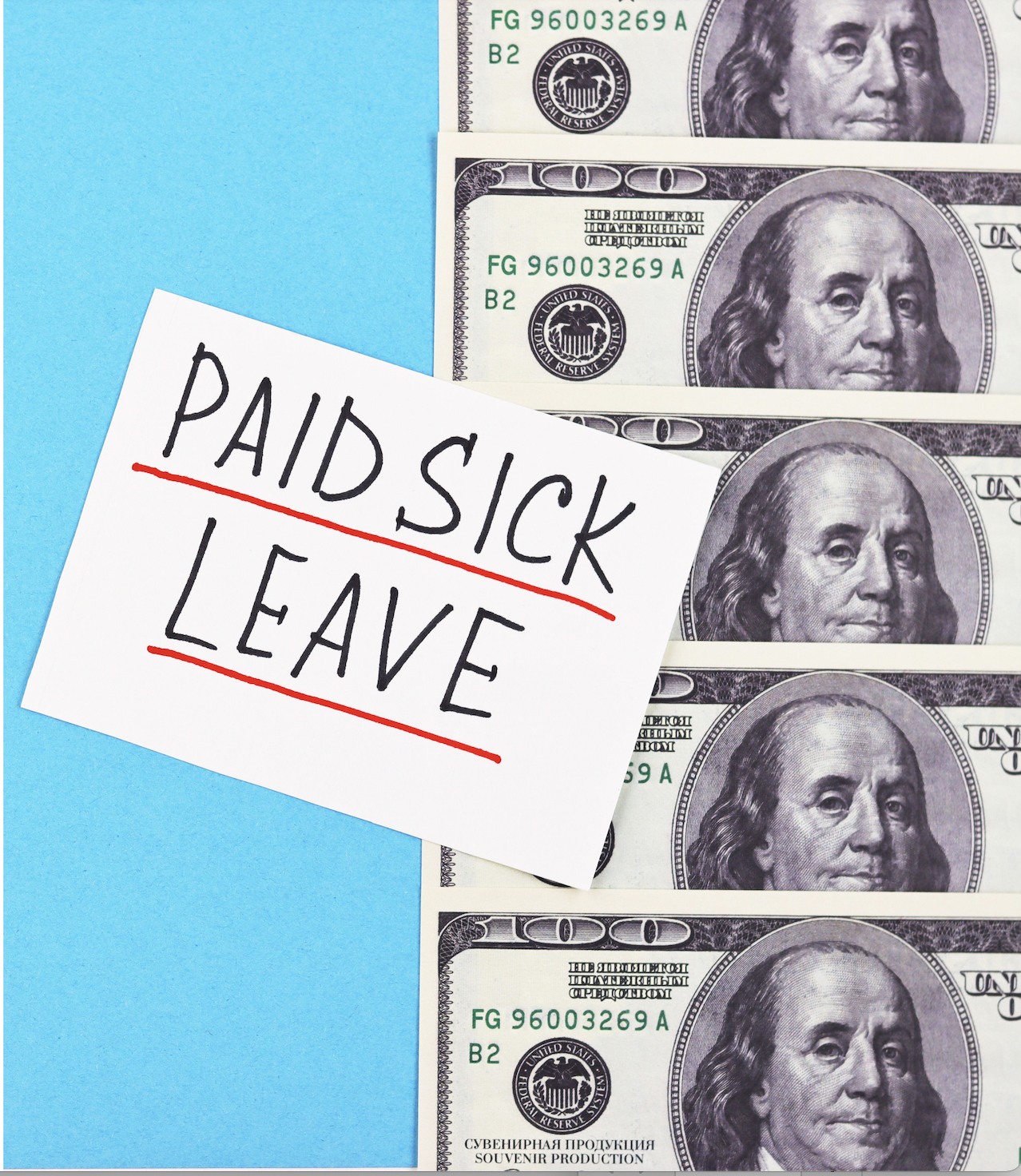Connecticut’s struggling small businesses will be saddled with more obligations and costs if a bill expanding paid sick time passes.
On May 8, the Appropriations Committee favorably voted on S.B. 1178, which covers all private-sector employers and employees; broadens the range of family members employees may use leave for; increases the rate at which employees accrue leave; broadens the reasons employees may use leave; and increases the maximum amount of hours an employee may accrue.
Additionally, the bill provides penalties and civil action through the Attorney General’s Office for failure to keep accurate balances of employee leave records.
S.B. 1178 would expand upon a paid sick leave law passed in 2011, requiring certain employers to provide five sick days per year.
Opponents, like the Connecticut Business & Industry Association (CBIA), suggest the bill would be “economically devastating,” as businesses are still reeling from inflation, workforce and supply chains issues exasperated by the pandemic.
“Even prior to the passage of the paid sick leave mandate in 2011, studies conducted by sick leave advocates showed that 90% of businesses in this state were already providing leave for employee illnesses,” testified Eric Gjede, CBIA’s vice president of public policy. “Employees already have the option to use the most generous paid family and medical leave program in the country to provide wages during their own or a family member’s illness.”
Likewise, Andy Markowski, state director of the National Federation of Independent Business (NFIB), called the mandate “well-meaning but economically harmful,” and that employers already allow for a “great amount of flexibility” when employees need time off.
“Expanding employer-paid leave mandates to all small employers ignores the facts that most small business owners already arrange for their employees to take time off as needed, whether for illness or for a family emergency,” he testified.
Markowski also noted that most small businesses lack a Human Resource department to manage the recordkeeping to comply with the structure in S.B. 1178. Similarly, Frank Ricci, labor fellow at Yankee Institute, echoed the NFIB’s and CBIA’s concerns stating the increased costs will be passed on to “consumers in the form of higher prices and to employees in the form of reduced benefits or wages.”
“What’s more, it presumes that employees prefer expanded benefits to more take-home pay,” Ricci added. “Isn’t it possible that many people would prefer higher salaries over added benefits? And shouldn’t the state allow employees to make these decisions themselves?”
However, the legislation’s proponents argue expanding the 2011 law to all private workers would offer protection to women and minorities who are often “overrepresented” in industries that do not currently provide paid sick leave benefits.
“They performed their jobs under difficult circumstances and in extremely dangerous conditions with enhanced exposure to COVID-19,” testified Shellye Davis, executive vice president for the Connecticut AFL-CIO. “Yet many could not afford to take time off if they got sick because they didn’t have access to paid leave until it was provided temporarily in the federal CARES Act.”
Davis added, “Without paid sick days, workers are forced to either go to work sick or miss their paychecks and, in some cases, lose their jobs entirely.”
Joelle Fishman, chair of the Connecticut Communist Party USA, similarly explained the urgent need for the General Assembly to “take decisive action to move forward workers’ rights and equity.”
“It is the responsibility of government to make sure that families can thrive,” Fishman said. “The harsh lessons of the pandemic, which further enriched the few at the expense of the many, require concrete steps to meet the needs of essential workers, address discrimination according to race and gender and ensure a Recovery for All.”
Yet S.B. 1178 will come with added costs, not only to businesses across the state, but in the government. Steve Wetherell, president of Global Help Desk Services, Inc., provided an example of the immediate economic impact to an employer with 100 employees if the paid sick leave benefits were expanded.
“One hundred employees x forty hours (4000 hours) of additional sick time x an average pay of $18/hr x overtime (1.5x), that is equal to $108,000 in potential overtime pay to cover all this additional proposed sick time,” Wetherell explained. “Surely, you don’t think small businesses in Connecticut are cash cows that can simply absorb this kind of impact and pull this kind of number from their bottom line do you?”
Meanwhile, the bill’s fiscal note found additional staff to the Labor Department will cost taxpayers $244,343 (FY24) and $324,402 (FY25), as well as $93,494 (FY24) and $127,776 (FY25) for the State Comptroller – Fringe Benefits. The note not only suggests “potential minimal revenue gain” from penalties and violations, but also a “potential cost and potential revenue loss associated with paid sick leave for personal care attendants.”

